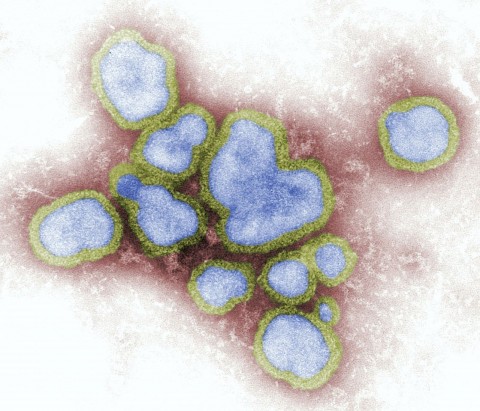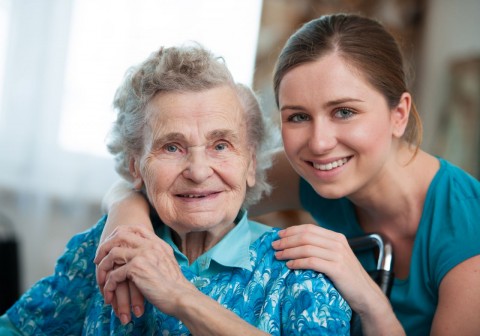Eating Disorders Among Gap Year Students
Each year, ten thousand two hundred deaths are the direct result of an eating disorder—that's one death every 52 minutes. 9% of the world has an eating disorder. Eating disorders are also a sign of mental health problems. About 26% of people with eating disorders attempt suicide.
Eating disorders are prevalent, especially among young women. The number of cases in the Jewish population is increasing. However, the exact number is still unknown.
Most people know about two eating disorders: anorexia and bulimia. Not known to most people, the most common eating disorder is EDNOS – or “Eating Disorder Not Otherwise Specified." Here is a short description of the three:
- Anorexia - A disorder in which an individual refuses to maintain minimally average body weight, intensely fears gaining weight and does not see their real body shape or size. One of the most common reasons for anorexia is a bad body image. Many girls want to fit a certain standard of 'beauty' that is unhealthy and unrealistic.
- Bulimia - A disorder in which a person binges on food followed by behavior, such as extreme exercise, vomiting, and the use of laxatives—all to prevent weight gain.
- EDNOS- This is a combination of anorexia and bulimia. A person may stop eating, then binge and purge. An individual may also overeat, not purge, and then not eat for a day.
Warning signs
- Restricting one's food intake. Students might distract others by cooking and baking a lot, giving them the illusion that they are big eaters.
- They have misperceived body image. The student complains about being fat but looks fine. Many teenagers do this routinely, which are usually combined with other behaviors or exaggerated perceptions.
- Sudden weight loss. Generally speaking, a weight loss of 10lb (4.5 kilos) is considered a danger sign for people who are not trying to lose weight. If a student's clothes are no longer fitting them, if they appear gaunt – it’s a sign of substantial weight loss. Weight loss can cause hair to become dull and thin, increased acne, and generally an unhealthy appearance.
- Reluctance to show their body. Because of #2 & #3, students suffering from eating disorders hide their bodies by wearing baggy clothes, not showering, or changing where others may see them.
- Mouth sores and dental problems. Acid from purging often results in these problems,
- Depression. Eating disorders are mental health problems, and depressive symptoms are associated with these disorders.
- Rituals. People with eating disorders tend to develop patterns regarding their food, such as not letting the fork tines touch their mouth. These teens may spend an unreasonable amount of time in the bathroom, either purging or with other rituals.
- Manipulation is a common theme telling people in the lunchroom that they will eat in their dorm room, telling people in their dorm room that they already ate, or lying about what they eat – people with eating disorders try to control their environment manipulating those around them. If a student has some constipation medication and "runs out" because she has misused it.
Don’t ignore the signs! Ideally, a person with an eating disorder should receive treatment as early as possible. The earlier the treatment begins, the easier it will be to gain control over the condition.
Control is the keyword. Most individuals with an eating disorder will tell you it began because they wanted to control their lives. They wanted to be happier, prettier, better liked, and in charge. Like coming to Israel, away from home for the first time, any transition may trigger a feeling of loneliness and insecurity. What ends up happening is that the disorder takes control over their life! The eating disorder becomes an addiction.
In the short term, a lack of nutrition can result in low blood pressure and cardiovascular problems. Not eating makes it more difficult for the brain to work. People become foggy and apathetic. Eating disorders are a significant reason why gap year students leave before the end of the year.
In the long term, eating disorders cause fertility problems. A client of ours with infertility previously had bulimia.
Treatment for eating disorders involves a medical evaluation and therapy, a nutritionist, and a therapist. Without appropriate treatment, eating disorders can be fatal.
If your child has an eating disorder and is coming to Israel, you must alert the administration to the issue even if your child has completed treatment. It is in your child’s best interest to have the administration be on the lookout for a relapse. It could be the difference between life and death!
If you have concerns and would like your child to get treatment in Israel or continue treatment that has been started, EMA Care is here for you. We can arrange appointments with a doctor, nutritionist, and therapist.
When you subscribe to the blog, we will send you an e-mail when there are new updates on the site so you wouldn't miss them.








